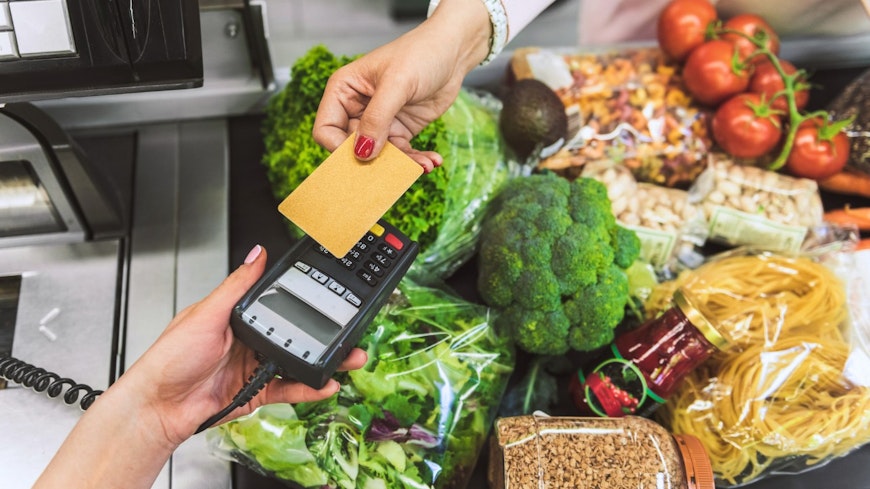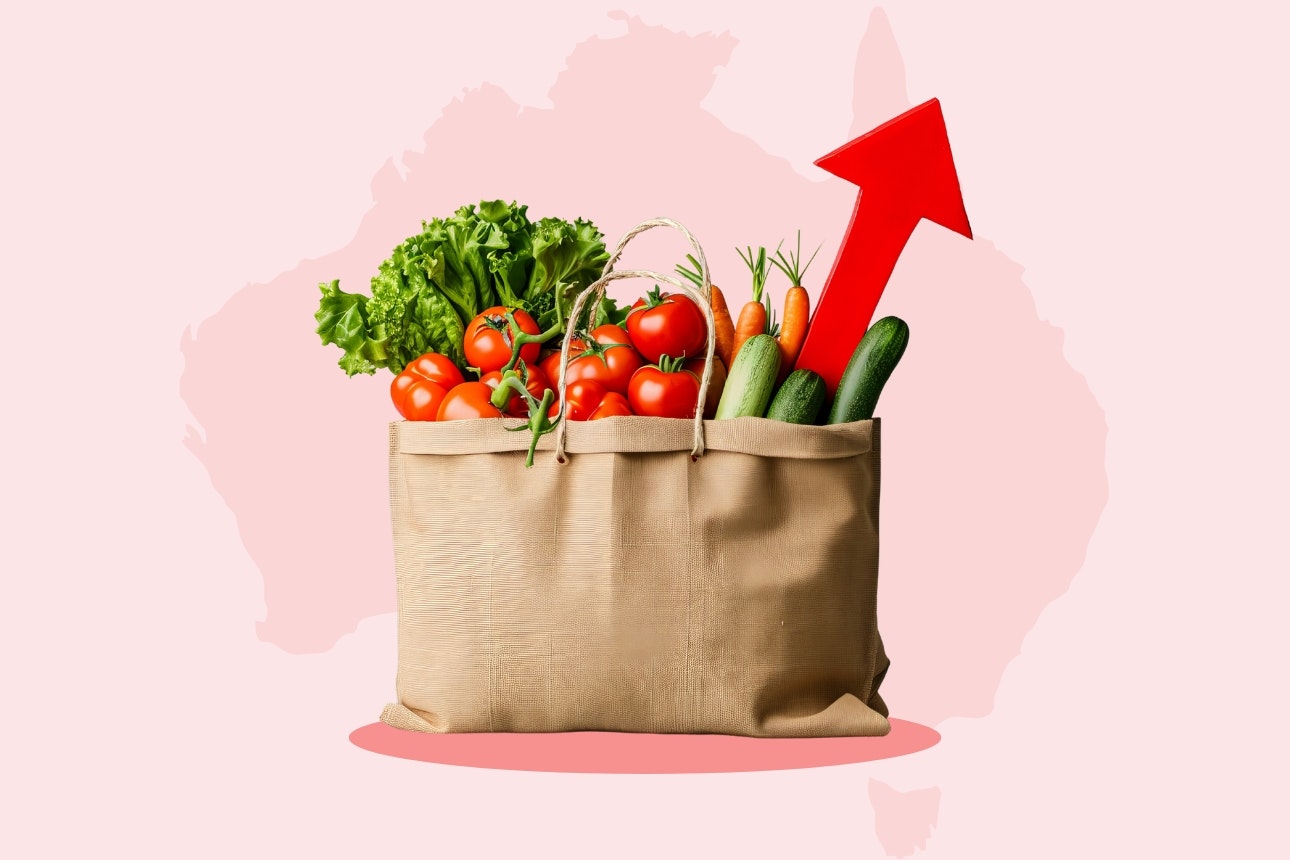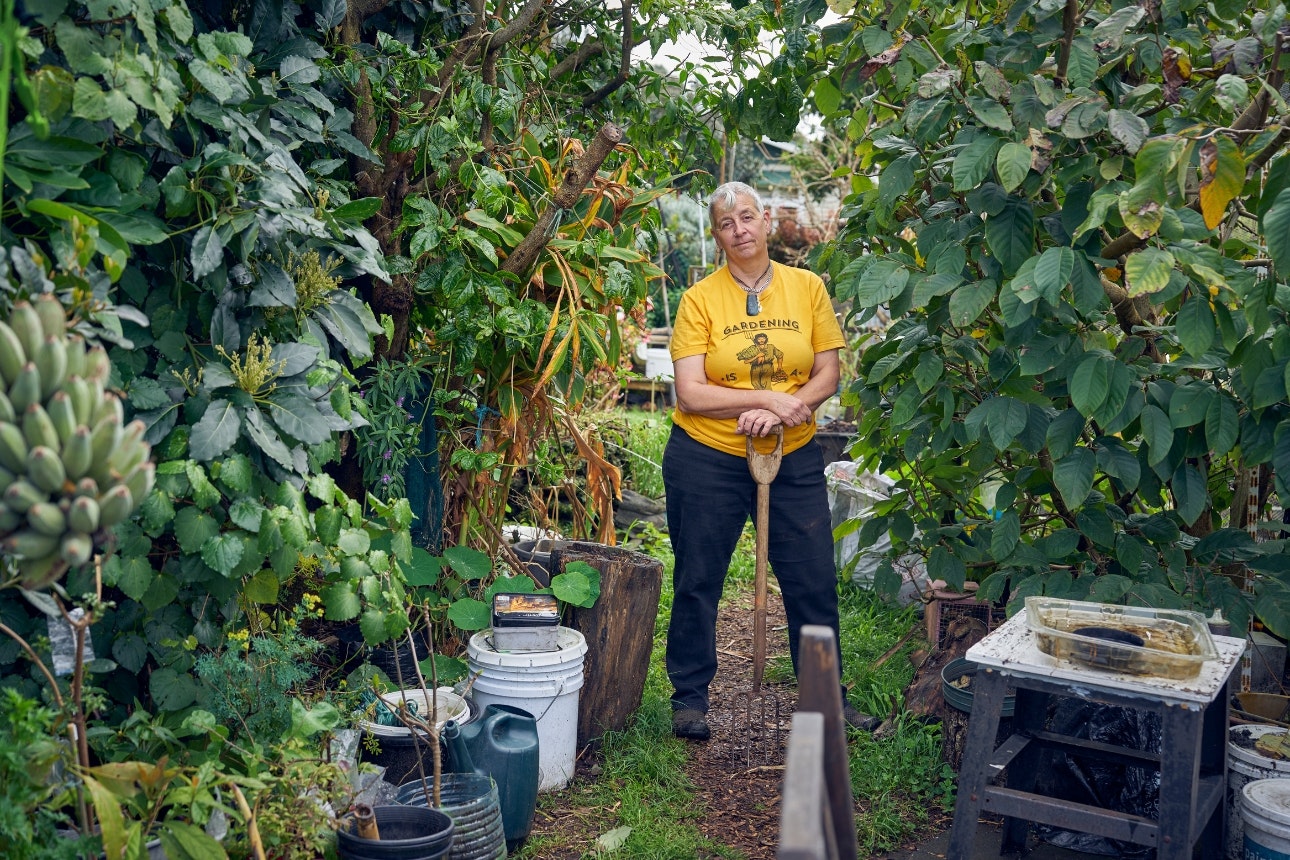We applaud the Grocery Commissioner’s first annual report, which provides much needed transparency on the concerning state of the supermarket sector.

“It’s been 2 years since the grocery market study, and the Commission’s report highlights there has been no meaningful improvement in competition in the sector. For retail margins to have increased speaks to the audacity of our duopoly – despite declining public trust and increased regulatory pressure, they continue to squeeze suppliers and increase their margins at the checkout,” says Gemma Rasmussen, head of research and advocacy at Consumer.
Woolworths’ recent annual results suggested its profit is down 56% in the year to June. Concerningly, this is inconsistent with the Commission’s findings on profitability.
“When the supermarkets’ PR machines kick into action, it can be incredibly hard for shoppers to know if the prices they’re paying at the checkout are fair. Today’s report provides clarity that the supermarkets’ earnings have remained constant, and in some cases, increased, since the market study in 2022. All the while New Zealanders have been struggling through a cost-of-living crisis. The Commission’s findings indicate that Foodstuffs and Woolworths continue to achieve higher levels of profitability than should be possible in a competitive market,” says Rasmussen.
“We agree with the Commissioner that the time for talk is over. His analysis of the 2 years since the market study clearly shows that the supermarkets won’t move unless they’re pushed. It is time for action by the Commission and the government.”
The grocery report highlights a number of regulatory measures that could improve competition and lead to fairer pricing and greater choice for consumers. This includes focusing on the duopoly’s land banking practices, improving access to wholesale groceries and enhancing supplier relations.
“Improvement in the grocery sector will be slow work and the Grocery Commissioner has been clear to emphasise this. Our concern lies in the real-time experiences of supermarket shoppers. Financial stress around food is second only to housing, with the majority of New Zealanders citing it as a significant source of concern. Three years ago, financial food stress was ranked as a low priority, coming eighth in a list of 10 concerns,” Rasmussen said.
“The Commission is working with the powers it has to clean up our broken grocery sector. Ultimately, it is the role of the government to introduce greater intervention like structural change and market break ups - so the question is how long will New Zealand shoppers be expected to wait for an improved market or more drastic action?”
We welcome harsher Fair Trading Act Penalties
Current penalties for Fair Trading Act (FTA) breaches have not been enough to deter supermarkets from systemic pricing errors on shop floors. We welcome the proposed review of the FTA. An investigation into pricing discrepancies at all three major grocery retailers, following our complaint about false and misleading pricing claims, is expected to be delivered near the end of 2024.
“We look forward to the outcome of this investigation but are concerned that ongoing errors at the checkout are in the hands of shoppers to report, rather than monitoring from the Commission.”

Make supermarkets price it right
Find out about our campaign to tell the government we need clear rules, stronger penalties and automatic compensation for shoppers.



